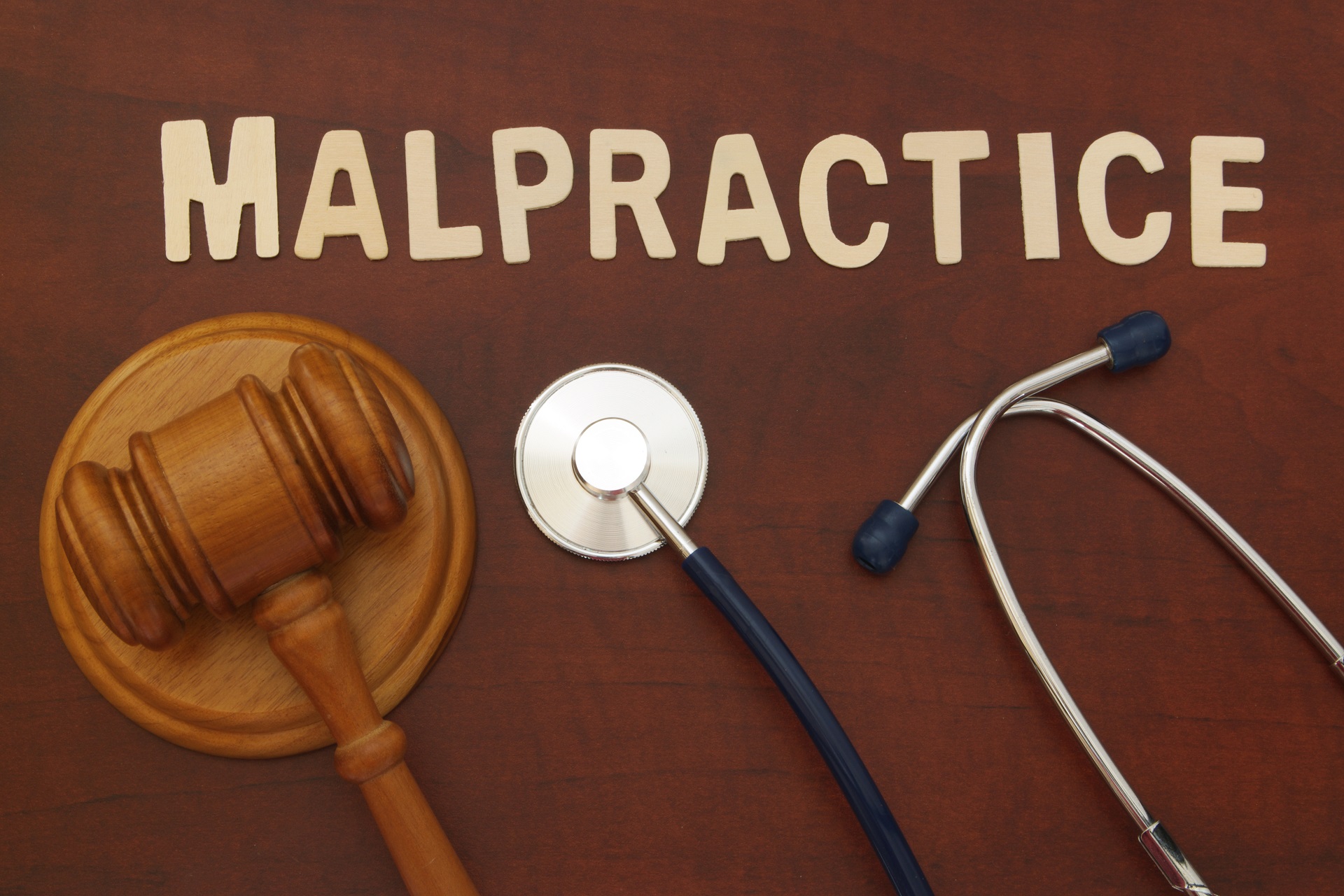Truck accidents are those accidents that require smart brains to counter at court, there are…
What Is The Most Common Cause Of Malpractice Suits Against Physicians? – Guest Post

Every year millions of patients are injured by unsafe health care worldwide, causing 2.6 million deaths each year in countries alone. Due to medical malpractice, most of these deaths occur.
Studies based on more current Health Affairs news reports suggest more than 1% of patients die in hospitals in the United States. The U.S. Health and Human Services Department and Health Research and Quality Agency have provided data sources. Of the 35 million customers seeking care every year, there are well over 400,000 deaths each year.
What do you mean by medical malpractice?
Medical malpractice is a judicial legal remedy when a physician or physician deviates from their professional standards via careless actions or omissions which cause damage to a patient. Failure to diagnose, treat, post-treatment, or healthcare management may result.
Medical malpractice examples
- Treatment failure or error.
- Laboratory results are misread or ignored.
- Operation is unnecessary.
- Surgical or misplaced operation on the location.
Common causes of medical malpractices:
One of the really common causes for a medical malpractice claim is a misdiagnosed or late diagnosis. Everyone has unique differences, but it feels the same. When a doctor openly misdiagnoses a patient, there is a misdiagnosis. This patient may never discover a true diagnosis or receive the wrong therapy. A new doctor will make the correct diagnosis later – although it is often too late.
- Medical Prescription Drug Errors
Failure to disclose medication commands, unreadable handwriting, a mistaken selection from a drop-down option, misunderstanding about comparable pharmaceuticals, confusion about identical packaging, or mistakes concerning dosage units and weights are among the most frequent causes of errors. Medication errors can be caused by human error but are typically caused by a failing system with insufficient backup to identify problems.
- Incompetence Mismanagement.
If the surgeon is not sufficiently trained or trained to do the specific surgery, they cannot do the procedure and should not do so. Although this appears to be reasonable, every year, many surgeons are misused since they overestimate their abilities to manage the surgery properly.
- Failure to communicate.
Medical errors often occur because of poor communications between physicians, nurses and other professionals. An apparently small blunder may have devastating repercussions on the operating table, such as failure to adequately document patient allergies. Errors such as this are often caused by carelessness.
- Inadequate personnel
The error is sometimes caused by insufficient support personnel such as nurses during the surgery and those responsible for caring for patients. However, employee errors might potentially damage the patient before or after the treatment. An infant may be overworked, for example, and not check a patient’s status after surgery.
- Faulty dosage
Another common mistake involves overdose, underdose and an additional dosage. An erroneous dosage happens if an unsuitable or varied drug dose is administered, if a medicine is not administered on a planned basis, and if it is administered via the improper route, then omission mistakes arise. Incorrect routing errors generally occur because of poor labelling or tubing adapted to numerous connections/access lines. Incorrect pathways often lead to considerable death and morbidity.
Seeking a medical advocate for malpractice.
Consult a medical malpractice attorney now. Plan a free case assessment on one of our sites or contact us online for questions.


 5.0 stars Posted by Mary June 30, 2016
5.0 stars Posted by Mary June 30, 2016